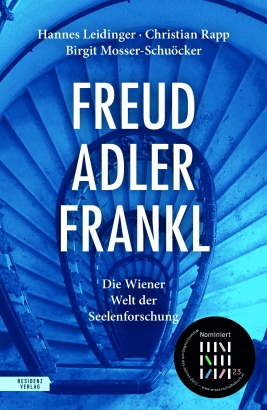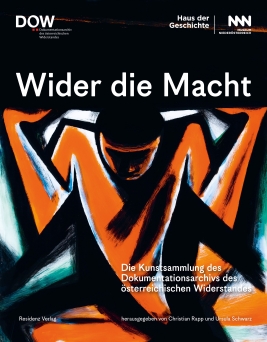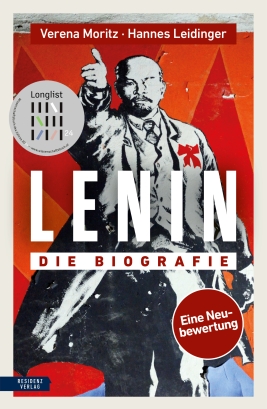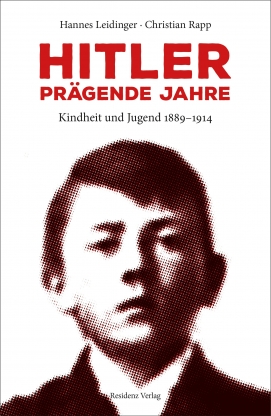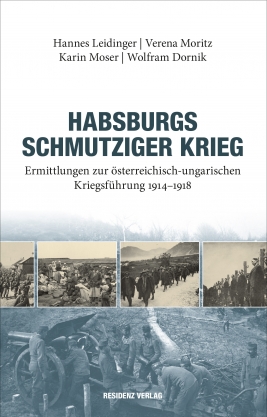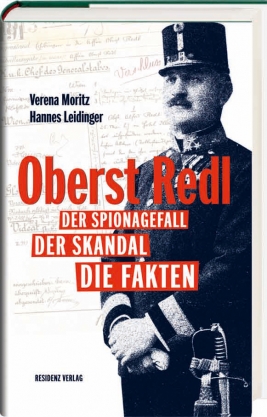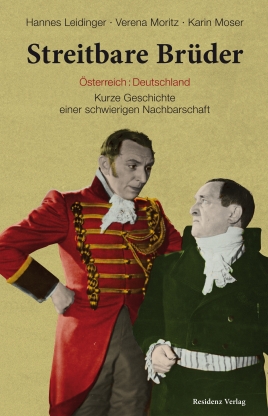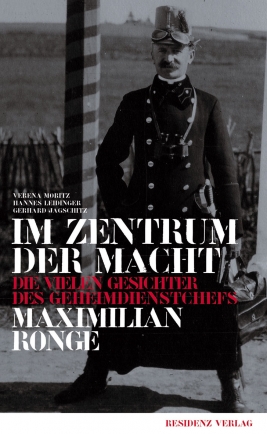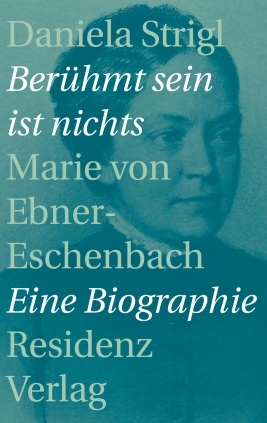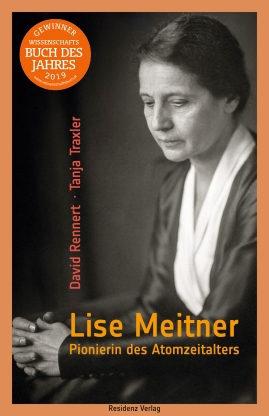Wie zu erwarten, ist den drei Historikern, ausgewiesenen Kennern der Geschichte des 20. Jahrhunderts, neben der Darlegung der komplexen Ideengebäude ihrer drei Helden auch die Einordnung in historische Entwicklungen und Zusammenhänge gelungen.
[Quelle: Günther Haller, DIE PRESSE]
Die Wiener Welt der Seelenforschung“ von Hannes Leidinger, Christian Rapp und Birgit Mosser erzählt, wie die drei Wissenschafter die Seelenforschung mit ihren Behandlungsmethoden der Psychoanalyse, der Individualpsychologie und der Logotherapie revolutioniert haben. Kultur- und Wissenschaftsgeschichte, aber auch die durchaus komplizierten Beziehungsgeschichten zwischen den drei Persönlichkeiten werden da besprochen.
[Quelle: Barbara Beer, KURIER]
„Freud, Adler, Frankl“: Das Historiker-Trio Hannes Leidinger, Christian Rapp und Birgit Mosser-Schuöcker durchmisst die Wiener Welt der Seelenforschung.
[Quelle: Günter Kaindlstorfer, Ö1 Kontext]
Was dem Werk von Leidinger, Rapp und Mosser-Schuöcker hervorragend gelingt, ist, Leben und Werk der großen drei Wiener Seelenforscher in gutem Überblick und in Bezug zueinander darzustellen.
[Quelle: Andreas Kremla, FALTER]
Die renommierten Kulturwissenschaftler:innen Hannes Leidinger, Christian Rapp, Birgit Mosser-Schuöcker legen mit „Freud/Adler/Frankl“ eine fundierte wie gut lesbare Lebens-, Werk-, und Zeitgeschichte der bahnbrechenden Wiener Psychoanalytischen Schule vor und bieten dabei auch spannende Hintergründe und neueste Forschungsergebnisse.
[Quelle: Walter Pobaschnig, literaturoutdoors.com]
Endlich werden die drei von berufenen Historiker:innen in einem Werk behandelt. Lesenswert!
[Quelle: Astrid Kuffner, MADAME WIEN]
Ein gut recherchiertes Sachbuch, das nicht nur sehr interessant, sondern auch bewegend ist. Lesenswert!
[Quelle: Christoph Stitz, BIBLIOTHEKSNACHRICHTEN]
Die Autor*innen erzählen auf spannende Weise eine hundertfünfzigjährige Kultur- und Wissenschaftsgeschichte und beleuchten dabei auch die komplizierten Beziehungen zwischen diesen drei Persönlichkeiten.
[Quelle: SCHARFLINKS.de]
Das Konzept der Trennung und Gemeinsamkeit der Beiträge ist gelungen. Jeder der drei wird als eigenständiger Denker gesehen und Unterschiede sichtbar gemacht. Dies war aber ohne die kritische Auseinandersetzung mit den jeweils anderen Theorien kaum möglich.
[Quelle: Michael Lausberg, TABULA RASA]
Drei Urväter der Seelenforschung (man ist versucht zu sagen endlich) vereint in einem Buch: Sigmund Freud, Viktor Adler und Viktor Frankl.
[Quelle: Eva Kaiserseder, MED IN LIVE]
Wer ernsthaft am 'Unterschied’ von #logotherapie #existenzanalyse und den anderen sogenannten Wiener Schulen der Seelenforschung interessiert ist, dem empfehle ich dringendst die Lektüre (...).
[Quelle: Dr. Georg Martensen, LINKEDIN]
Ein gut recherchiertes Sachbuch, das nicht nur sehr interessant, sondern auch bewegend ist. Lesenswert!
[Quelle: Christoph Stitz, BIBLIO]
In diesem Buch werden die drei wichtigsten Wege der Seelenforschung vorgestellt: Freuds „Psychoanalyse“, Adlers „Individualpsychologie“ und Frankls „Logotherapie“.
[Quelle: Franz Joachim Schultz, ALLITERATUS]
